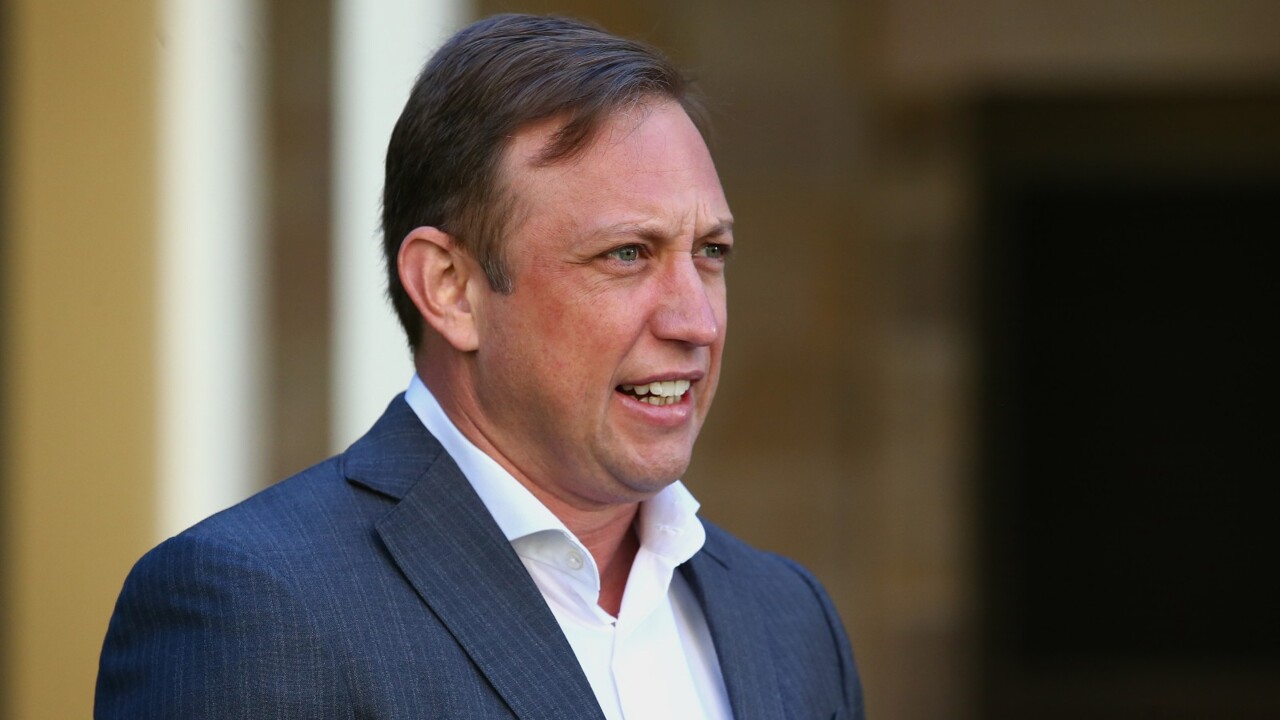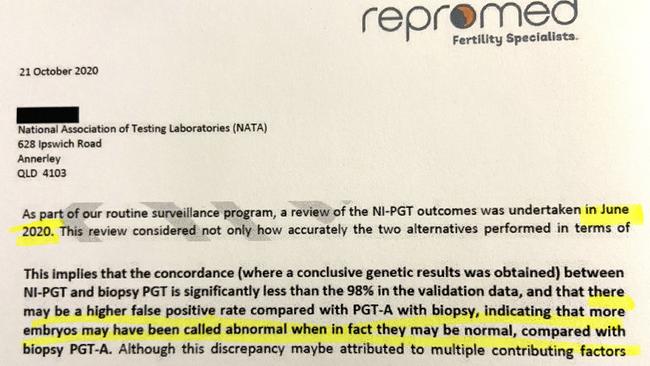IVF patients want to know what general practitioners, specialists knew about faulty genetic test
IVF patients who used a faulty genetic test on embryos want their class action case to be updated to consider what general practitioners and gynaecologists knew about it.

Monash IVF could be facing expanded claims in a class action, after alleged victims said third parties – such as general practitioners and gynaecologists – should be asked what they knew about a faulty genetic test.
Victorian Supreme Court judge Andrew Keogh will have to decide if he allows lawyers representing lead plaintiff Danielle Bopping and other patients to update their statement of claim against the fertility clinics, after they argued that, while Monash IVF had a duty to obtain their informed consent to use a screening test for chromosomal abnormalities, so too did third parties such as doctors and specialists involved in their treatment.
Class action plaintiffs have alleged the so-called niPGT-A test, launched by Monash IVF in 2019, should never have been used because there was a significant risk, not disclosed to patients in fact sheets and consent forms, that it could produce false positive and false negative results.
Some of those patients may not have continued the embryo transfer as a result.

Barrister for Ms Bopping, Peter Hamilton, said they wanted to establish a duty on the part of the defendants to take “reasonable steps” to inform patients about their knowledge of the test, including informing clinicians who were recommending the test.
Mr Hamilton said they now wanted to narrow their reliance on an expert report “in support of the existing case on informed consent issues”.
But barrister for Monash IVF, Pat Zappia KC, argued his side was facing a significant expansion of the case, which is due to go to trial before the end of the year.
Mr Zappia said the plaintiffs now wanted to introduce two “fundamentally new” elements to the case, being Monash IVF’s alleged failure to provide information about the test to third parties and claims about alleged breaches of duty in dealing with information provided after the test had been suspended.
“Your honour should not be diverted by the form of the pleading into believing that these are slight amendments. They are significant amendments which really require us to deal with a new case,” he said.
Mr Zappia said the proposed updated statement of claim alleged the plaintiffs wanted Monash IVF, as part of its duty of care, to be responsible for providing medical practitioners such as general and other medical practitioners who “might have had anything to do with the group members in taking steps to have their embryos tested”.
Justice Keogh said the plaintiff had always raised issues about a failure to obtain informed consent, and challenged Mr Zappia’s argument by saying a natural part of the IVF process would involve services from intermediaries such as doctors advising patients about their knowledge of tests.

“This is … a real world situation which has at its centre these intermediaries. They were always going to be the way the plaintiffs obtained information,” he said.
Later, Justice Keogh said: “(The pleadings) said that you failed to take precaution in obtaining informed consent.
“That could only be understood as meaning ‘you failed to tell us about what you knew about the unsuitability of the test before we signed up for it’. How could the inquiry about that matter proceed without consideration of the information provided by gynaecologists?”
Ultimately, Justice Keogh said Monash IVF was “justifiably concerned” about a potential new case. He invited the plaintiffs to provide “clarity” so they could complete their pleadings, but was yet to formally resolve issues about the amendments.
The matter involves patients who used the non-invasive test between May 2019 and October 2020.





